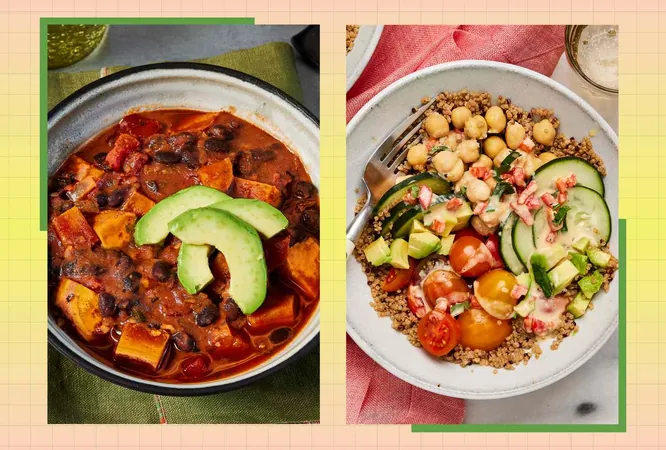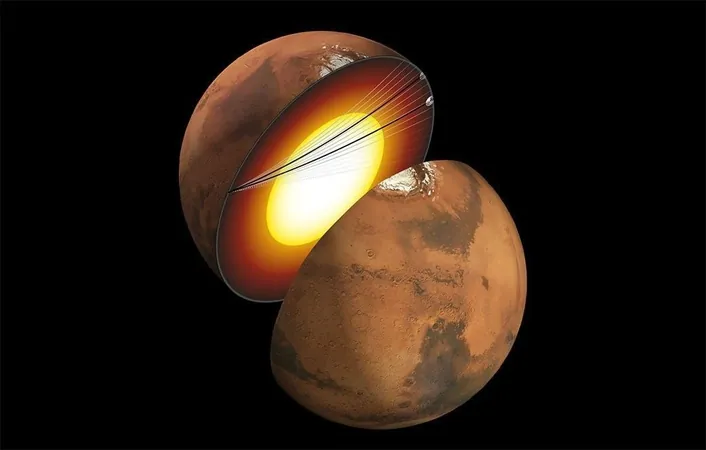
When Is Waiting Worth It? Unraveling the Secrets of Our Brain's Decision-Making
2024-12-30
Author: Ming
The Brain at Work
The ventromedial prefrontal cortex (vmPFC), dorsomedial prefrontal cortex (dmPFC), and anterior insula are the key players in this brain game. The vmPFC regulates action control and decision-making, while the dmPFC focuses heavily on cognitive and emotional regulation. Meanwhile, the anterior insula processes our subjective feelings, making it crucial for understanding our patience thresholds.
What Did the Study Reveal?
The results were fascinating. Participants with lesions in the vmPFC were less willing to wait, regardless of the potential reward. Even in the high-persistence condition, these subjects' waiting times were considerably shorter than their healthy counterparts. Kable's study suggests that these individuals may not assess the value of waiting as effectively, leading them to abandon the coin prematurely.
On the other hand, those with lesions in the dmPFC and anterior insula displayed a different trend. While their wait times were closer to those of healthy individuals, they struggled with adapting their strategies over the course of the experiment. They didn’t learn from past experiences when they chose to quit early, highlighting a lack of sensitivity to the time required for potential rewards.
Interestingly, the control group with different frontal lesions showed wait times similar to healthy participants, underscoring the complexity of how various brain regions contribute to our decision-making processes.
Implications Beyond the Lab
This research opens the door to new understandings of mental health conditions related to patience and reward processing. Disorders like ADHD, anxiety, or impulse control disorders may involve dysregulation in brain areas tied to waiting behaviors. Kable and his team plan to extend their research to examine how individuals with these conditions navigate the nuances of waiting for rewards.
Next time you find yourself in a long line or sitting through credits, you might just be witnessing a battle of patience inside your brain—a conflict between reward evaluation, emotional responses, and learned behaviors. These insights not only illuminate the workings of our mind but could be pivotal in understanding and treating conditions where waiting—and the accompanying decisions—pose a significant challenge.


 Brasil (PT)
Brasil (PT)
 Canada (EN)
Canada (EN)
 Chile (ES)
Chile (ES)
 Česko (CS)
Česko (CS)
 대한민국 (KO)
대한민국 (KO)
 España (ES)
España (ES)
 France (FR)
France (FR)
 Hong Kong (EN)
Hong Kong (EN)
 Italia (IT)
Italia (IT)
 日本 (JA)
日本 (JA)
 Magyarország (HU)
Magyarország (HU)
 Norge (NO)
Norge (NO)
 Polska (PL)
Polska (PL)
 Schweiz (DE)
Schweiz (DE)
 Singapore (EN)
Singapore (EN)
 Sverige (SV)
Sverige (SV)
 Suomi (FI)
Suomi (FI)
 Türkiye (TR)
Türkiye (TR)
 الإمارات العربية المتحدة (AR)
الإمارات العربية المتحدة (AR)